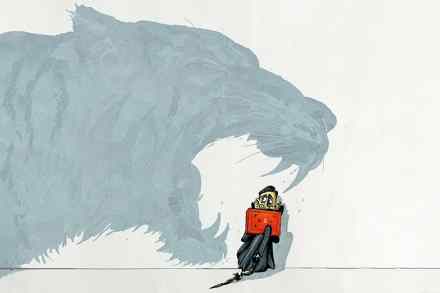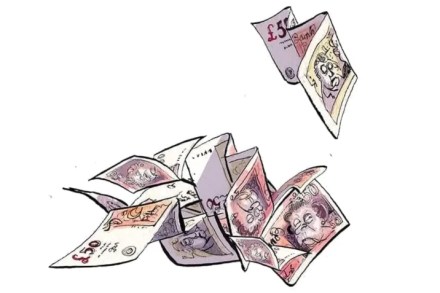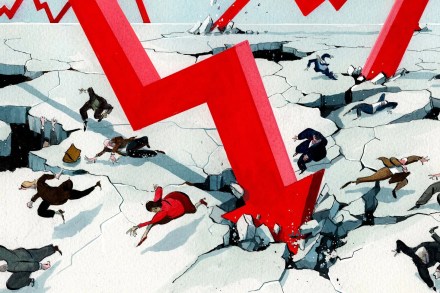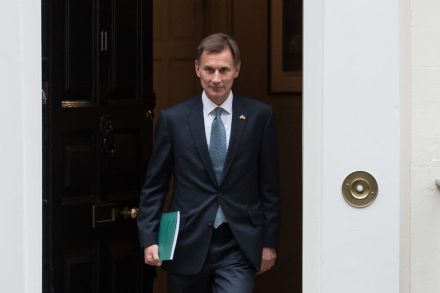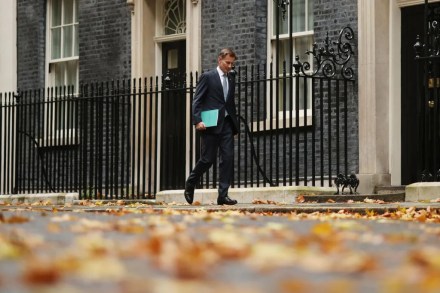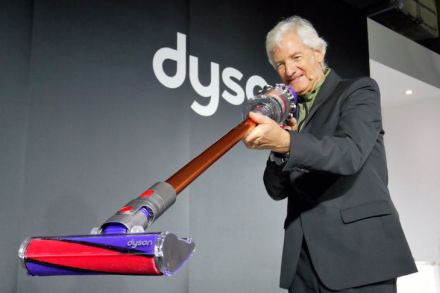What’s behind Starmer’s trans U-turn?
13 min listen
Keir Starmer today seemed to change his party’s stance on self-identification for transgender people. Before, Starmer said Labour would update the Gender Recognition Act so transgender people could self-identify as whatever gender they wanted. Today, he said that ‘if you’re going to make reforms, you have to carry the public with you.’ What’s changed? Max



